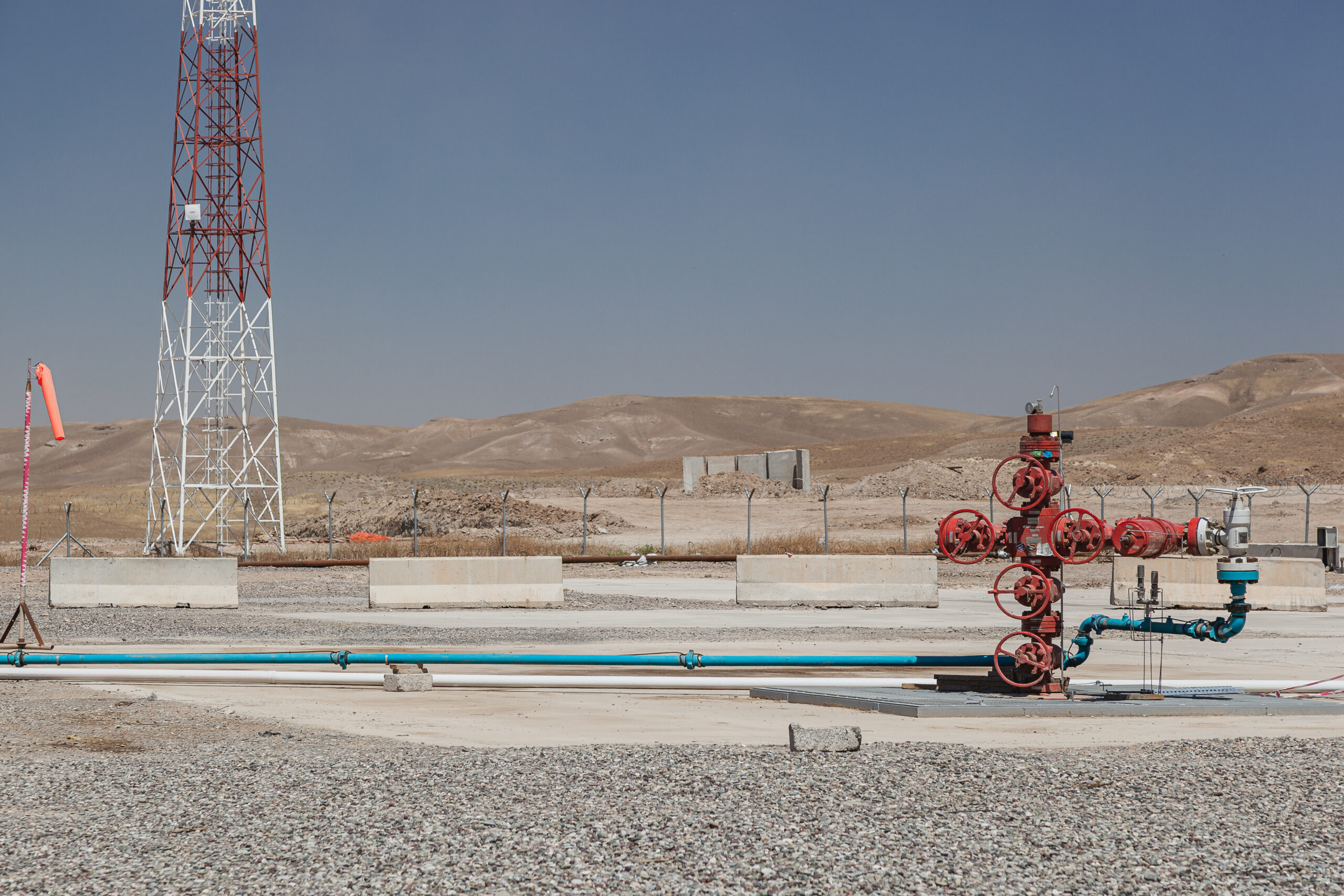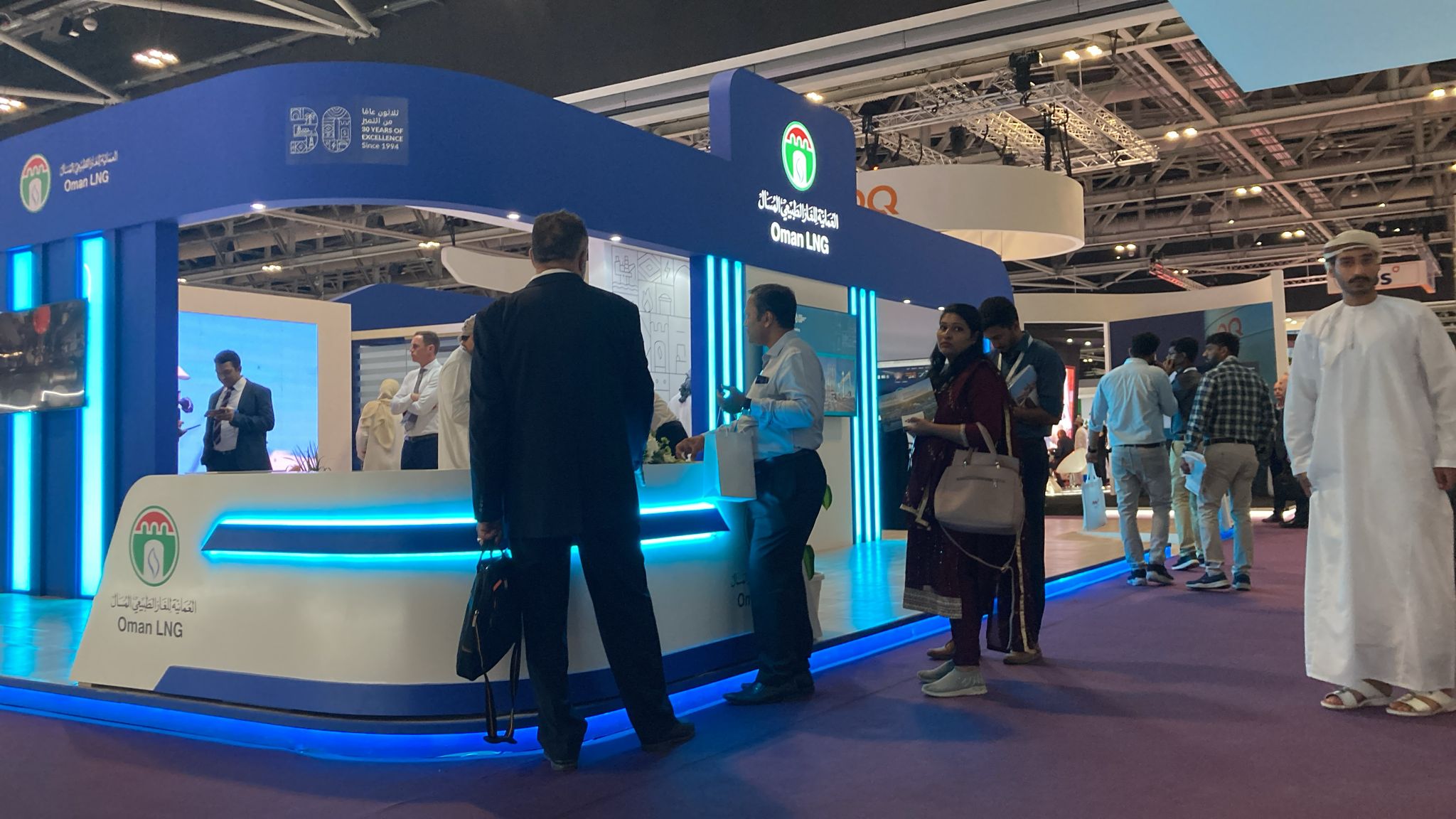Oman eyes more downstream gas after Marsa LNG FID: interview
Omani energy firm OQ is keen to develop more downstream gas projects, its chief executive of upstream told Gas Outlook.

(Muscat, Oman) — Omani integrated energy firm OQ is keen to develop more downstream projects to monetise Omani gas following the recent sanctioning of Oman’s Marsa LNG project by France’s TotalEnergies on 21st April, Ahmed Al Azkawi, OQ’s chief executive of upstream, told Gas Outlook on Tuesday on the sidelines of the Oman Petroleum and Energy Show in Muscat.
As Oman is pushing to maximise the role and value of gas in its portfolio and in the energy transition in general, Al Azkawi said OQ does “have the capacity to transport and supply feedstock for further projects,” he said. “But the intention is to make future projects as green as possible,” he said.
On Monday, France’s TotalEnergies which owns an 80% stake in the Marsa Liquefied Natural Gas joint venture (Marsa), announced that it had taken an FID on a 1 mtpa LNG project designed to supply LNG for bunkering purposes at the port of Sohar, on Oman’s northern coast in the Arabian Sea and near the Strait of Hormuz.
OQ, which owns 20% of Marsa, operates across the whole value chain in Oman and abroad, and has also been driving renewables and hydrogen projects. As the Middle East’s largest non-OPEC oil producer, Oman has taken on a leadership role in the renewables and hydrogen segment, with ambitious 2050 net zero targets. But like many hydrocarbon producers, its oil and gas resources are facing the risk of becoming stranded assets in the long run.
Integrated project
Marsa LNG production is expected to start by Q1 2028, with the plant designed to be powered by a 300 MW solar plant, according to a Total statement. Speaking at the conference on Tuesday morning, Al Azkawi was keen to highlight the ‘green’ credentials and purpose of the project. “The plant will be 100% electrified,” he told delegates, stressing that the role of the plant will be able to help the marine fuel segment to become ‘cleaner.’
As a marine fuel, LNG is considered less polluting than more traditional fuels such as heavy fuel oil or marine diesel fuel. However, the LNG bunkering market remains small.
Gas supply to the Marsa plant will come from the Mabrouk North-East field on onshore Block 10, which started production in January 2023 and reached plateau in April 2024. TotalEnergies will receive 150 Mcf/d of natural gas, coming from the 33.19% interest held by Marsa in the Mabrouk North-East field.
The LNG-bunkering project was initially announced as part of an integrated scheme following the discovery of the giant Mabrouk North East structure in March 2018. Following the discovery, TotalEnergies and Shell committed to develop the Greater Barik area which included the 4.4 Tcf discovery at Mabrouk North East. While TotalEnergies took on the Marsa LNG-bunkering project as a monetisation route, Shell planned to develop a 45,000 b/d Gas-To-Liquid (GTL) plant at Duqm in the south of Oman. However, the GTL project was later shelved partly due to poor economics.
Al Azkawi stressed that project is innovative in that “it is the first integrated upstream downstream project where the partners in Block 10 have the right to lift their gas and take it downstream,” he told Gas Outlook. The gas “does not necessarily have to be sold to IGC first [ Integrated Gas Company], so the partners can use the gas to convert into LNG. It’s a concept we want to see more of,” he said. IGC is a government-owned integrated company that manages gas allocation.
Fast mover
Al Azkawi indicated that there are more opportunities ahead. “We do have the options with Mabrouk partners to lift more gas from Mabrouk and create another downstream project with it,” he said. “It could be another LNG project, hydrogen, or other purposes,” he said. “Whatever project we will work on, it will be as green as possible, and these projects will have to be sanctioned by the shareholders and the government,” he said.
Al Azkawi says OQ would like to see more LNG bunkering. “Economically, we have built a model where the actual bunkering will ramp up as more ships call into Sohar port,” he went on. He conceded that the LNG bunkering market remains small. “OQ has taken this route of saying, let’s create a market. We made that conscious decision to be a fast mover,” he stressed. “Waiting will not do good to the project, because of global market conditions but also because the costs of building the plants could increase,” he said.
The FID on Marsa LNG project came with the announcement of a new 0.8 mtpa LNG agreement between Oman LNG and TotalEnergies. Meanwhile, OQ is reported to be considering another two initial public offerings (IPOs) of its subsidiaries this year to raise funds and deepen capital markets. This would come after the successful completion of two IPOs of its subsidiaries Abraj Energy Service Company and OQ Gas Networks in 2023.


